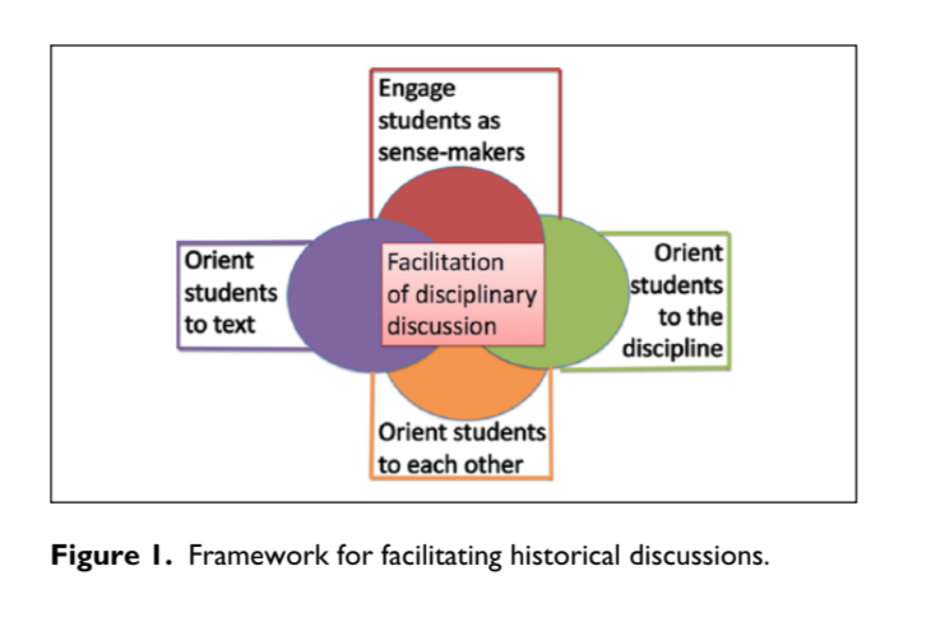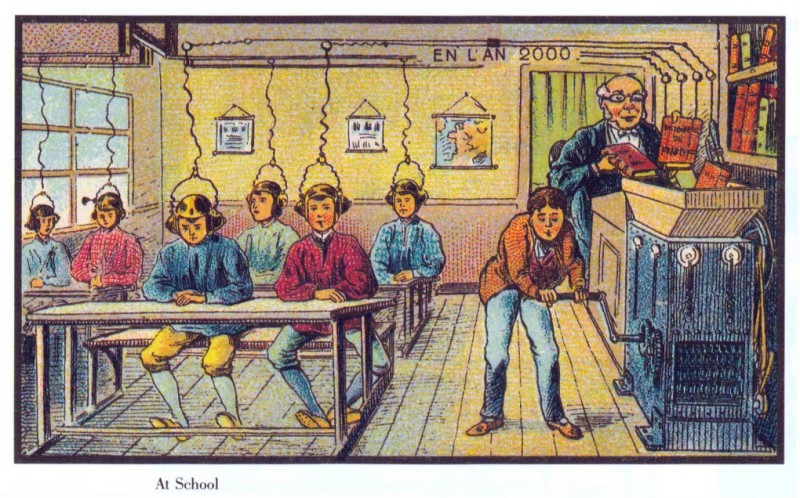
Have you been working with a new History teacher this year? Maybe a student teacher or Early Career Teacher (ECT)?
Perhaps they have reached a point where they can create a good classroom climate (with you still in the background, anyway) and their planning and resources have improved too.
You have included them in the instructional coaching opportunities offered by your school. They know a lot about cognitive overload (TM) and cold calling.
But what the new teacher had planned, what their university or SCITT tutor might have hoped for, the historical thinking you know this class can reach for, seemed imminent… but then the bell rang.
In the US, researchers such as Mary Kennedy have called this the problem of enactment. The core practices movement has sought answers to the questions posed by teacher educators and mentors working with new teachers who are struggling to enact powerful learning strategies.
Here in the UK, the Core Content and Early Career Frameworks have tried to address the problem of enactment by itemising not only what new teachers need to know, but also what they need to learn how to do. Both of these frameworks insist that the research upon which they are based support the essential knowledge and practices needed for beginning teachers.
But as a History mentor, you might be wondering how this can be true. You know that the use of recent scholarship to support curriculum development, the practical theorising supported by Teaching History, the Historical Association and the Schools History Project, have all helped you to design great enquiry questions. Enquiry questions aren’t in the CCF or ECF. But they are the bread and butter of a good history lesson sequence. Addressing a good enquiry question is likely to involve class discussion. We might call this a core practice in history teaching. But orchestrating an ambitious whole class discussion is challenging for an expert. And it is even more challenging to work out how to help a new colleague to conduct the orchestra.
So where CAN you hear about how to support your new History teacher with core practices in the History classroom? The answer is HTEN, the History Teacher Education Network. And specifically on Thursday 20th April we have an evening presentation from Dr Abby Reisman, from the University of Pennsylvania.
The session is provocatively named Cognitive Science and History. Abby is a teacher educator and researcher who has published work in journals such as Cognition and Instruction. You may also be familiar with her contribution to Reading Like a Historian at the University of Stanford. But what the session will really be about is supporting deeper historical learning in classrooms, through teacher education.
It turns out that if we want, for example, whole-class discussions in History, (and we should), then we need to find out why our new teachers struggle with them, and what they struggle with. Spoiler: it isn’t just wait time (though this matters too). It is all about creating a disciplinary discussion, see figure 1 above. You can read more here in a paper that explains the issues with great clarity and analyses classroom examples of talk facilitated by new teachers, bringing theory to life. The article even expresses the frustration we feel as we support our new teachers, when the breakthrough seems so close, and yet so far: ‘students were poised to enter the historical problem space—to discuss the competing interpretations and develop a more complex and contextualised understanding of the tensions leading to the Cold War. Unfortunately, before they could delve into these disparate interpretations, the bell rang.’
And now surely you want to hear Abby in person? Find out more and join HTEN!
